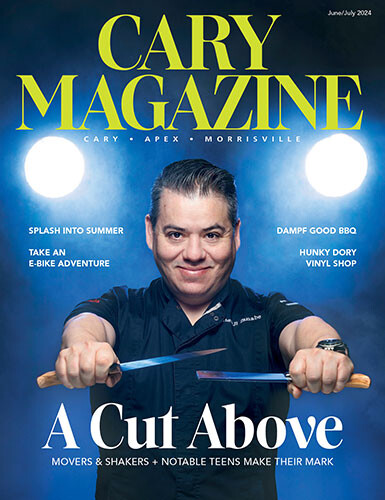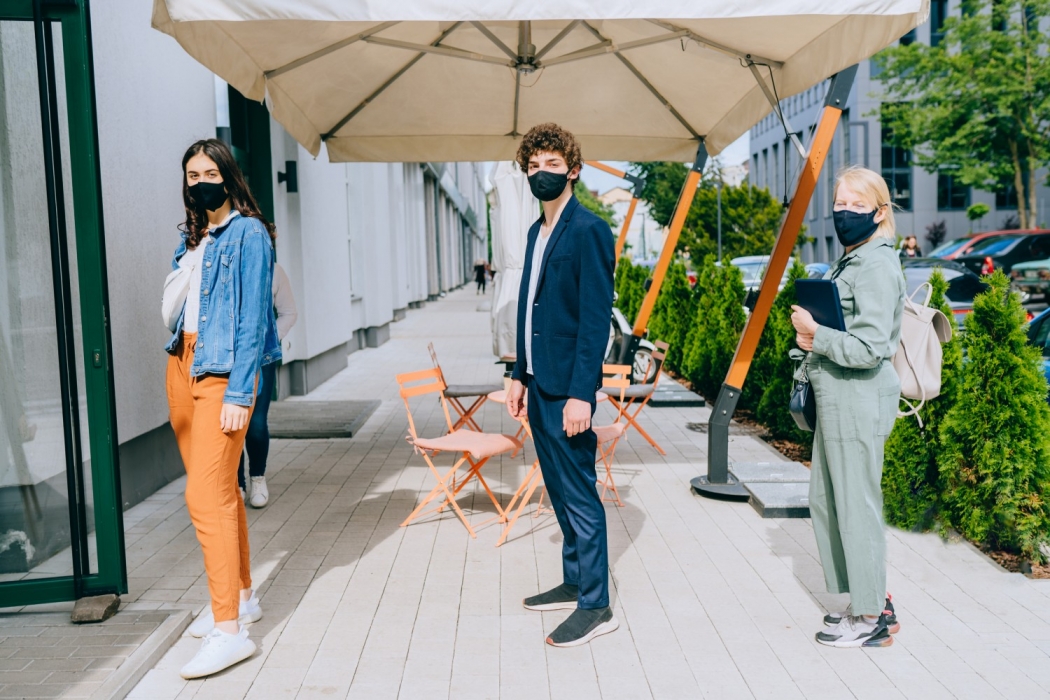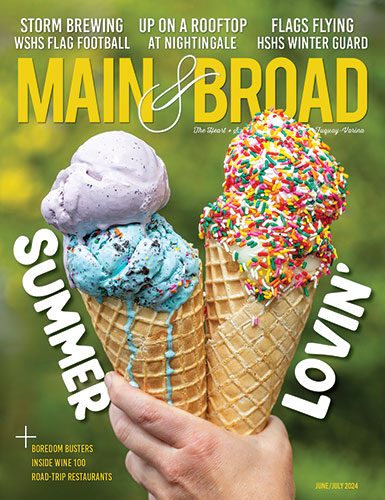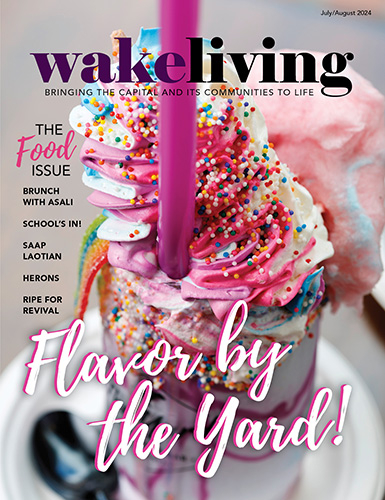As summer comes to a close, we asked two mental health professionals about virus anxiety, going out in public, and encouraging folks around you to take precautions. We also invited them to give their predictions on daily life once the pandemic comes to a close. Erin Bircher, a licensed therapist and life coach, is the owner and founder of Foundations4Change in Cary. Amy Quinn is a psychologist at Grew, Morter & Hartye in Raleigh.
Will the coronavirus change the way people think about viruses and germs in general?
Bircher: I’ve already seen an increase in anxiety in terms of going out, everything takes a lot more of a conscious effort. You go to the grocery store and people are more conscientious of how close they’re standing to other people. You’re not touching a lot of things, you just pick up the things you need. Whereas before you would just walk into the store and there’s not that much anxiety or thought put into it. I feel like people are much more exhausted in terms of how much they’re having to think about what they’re doing, what they’re touching, who they’re around. I think there will be a heightened level of anxiety: who’s going to be standing too close to people, touching people, maybe people aren’t going to want to get into elevators or touch hand railings as much.
Quinn: I think that there’s going to be a lot of increased anxiety and people are still going to be fearful. It’s not just going to go away just because things are reopening. Even if things have slowly reopened, a lot of individuals are really concerned about things opening in general. For some people, it may get worse. For others, they may start to not have as much concern, but I think generally there’s going to be a lot of concern and anxiety regarding the situation.
Do you think that people will take more initiative to stay safe in the future?
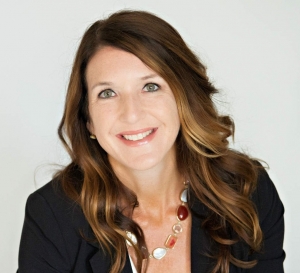
Erin Bircher
Bircher: I do think it’s going to change how we all operate with each other. Just being more conscientious of not only what you want for yourself, but also trying to be considerate of how maybe somebody else might not want you standing so close to them. I don’t think this is going to be something that is just going to go away even after the virus goes away. I think people are going to be way more conscientious of germs and whether or not they’re going to catch something.
How would you suggest dealing with someone close to you who isn’t following guidelines?
Bircher: What I’ve recommended to my clients who have friends that are doing that, is to tell the other person what your stance is and what you’re comfortable with. As long as you’re expressing that in a polite and respectful way, all you’re asking them to do is respect your boundaries with what you’re okay with.

Amy Quinn
Quinn: I think what’s really important is staying focused on what we can do. Recognizing that we all have a choice in how we all approach the virus and, while there are guidelines regarding what we should be doing, it’s about accepting that not everyone is going to make that choice. It’s important for us as individuals to be comfortable with the choices that we are making.
Once people begin to leave their homes, do you think there will be lasting effects of spending so much time at home?
Bircher: I think people have gotten used to being at home, even extroverts are becoming more comfortable just having more of an introverted lifestyle. Transitioning back into that is going to be a little difficult for some people. I think some people are realizing that they enjoy the comfort of being home and not being in the hustle-bustle anymore. I think they’ve learned about themselves and how busy they actually were. Maybe they see they don’t need to have their lives so busy and running around in different directions, and that wasn’t actually a healthy way of living.
Even after restrictions are lifted, do you think people will be reluctant to be in large groups?
Bircher: Even as we’ve seen now a lot of people are comfortable just going out and doing that but I think there are a lot more people that are still cautious and careful of how many people they’ve been around and who those people have been exposed to. I think it’s even a bigger rippling effect because if someone is going to hang out with their neighbor, now they’re going to think about who their neighbor has been hanging out with. Just because they say it’s fine doesn’t mean that people are going to feel completely safe.
Any advice for people who are tiring of living in pandemic mode?
Quinn: I would encourage people to find as much normalcy within their life as they can. It will be different, but using the opportunity to spend time with family — whether that be family game night or jigsaw puzzles. Thinking about this time we have with our families that we wouldn’t have otherwise gotten. We often talk about how busy our schedules are, and this has given us an opportunity to slow down and maybe focus on how we can maintain some of that pace when we go back.
